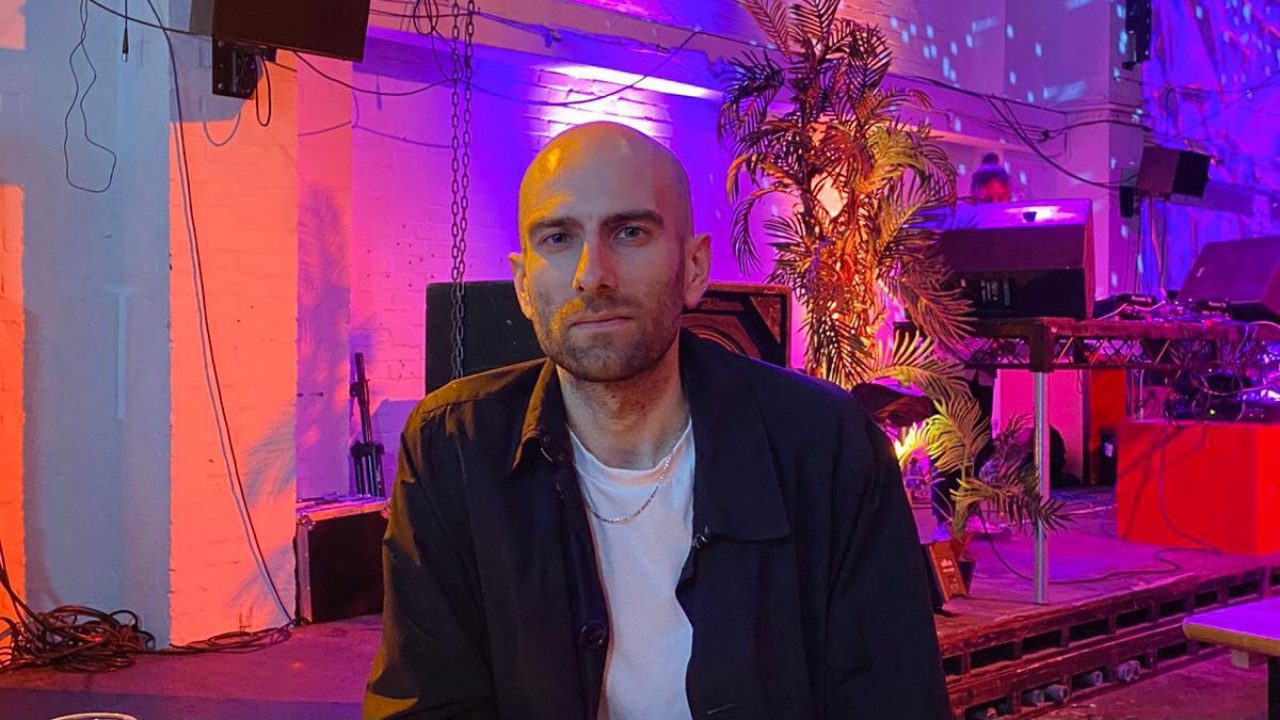
IDOL Insights: meet Local Action
It all started really in 2010, when Local Action was still an in-house label for London’s staple Phonica record store. Over the years, Tom Lea, the former editor-in-chief of FACT, always kept the label a family affair, the boss being able to welcome the label’s signees on his own couch if necessary. Now the label counts 100 releases by 26 artists, a sign of loyalty if any.
To celebrate ‘a decade of Influence’, as Resident Advisor puts it, Local Action threw anniversary parties in London, Paris and Barcelona, plus released a greatest hits compilation. During those parties, people could enjoy the best of underground dance music with DJ sets from Iceboy Violet, aya (formerly LOFT), Clemency, I. JORDAN… But the catalogue is vast, with pop-friendly bangers like UNIIQU3, Dawn Richard or DJ Q to more experimental acts such as Lena Raine and 96 Back.
Could you tell us about you and Local Action in a few words?
Local Action is an independent record label from London focused — mostly — on high energy, high emotion dance music. I’ve been running it solo since 2010, though over the years we’ve developed a close-knit family of label artists and affiliates who all chip in in their own ways. We also have a sibling label, 2 B REAL, which Finn operates out of Manchester.
The Local Action roster and catalogue is really diverse and you have a strong A&R track record. What do you look for when signing artists?
Something I’ve learnt over the years is to focus on the artist, their personality and their vision rather than just signing an individual release. If I can’t realistically see myself building a relationship with that person long-term and always being happy for them to represent the label’s name then I’d rather not bother — and at this point, it’s really rare that I’ll commit to working with someone without really getting to know them first. Those long-term relationships and associations are more important than just putting out a banging one-off record.
You've been working on your own since the beginning. Is the team you build around you important?
I’m just a control freak, but I’m getting better. The older I get, the more I realise that even if you can do everything yourself, it’s often better not to — and I think our most successful long-term campaigns are the ones where we build a really harmonious team around it, from the radio to the press to the branding to the creative, and everyone is bringing value and pulling in the same direction. That said, the music industry is full of blaggers who try and charge you a lot of money for not a lot of work, and it’s also important to know when it’s not worth bringing on a PR or a plugger or whatever. A good rule of thumb is that if you suspect that person will leave the campaign with more money in their pocket than the artist, then swerve.
What differentiates you from other similar labels?
I think what differentiates us from other labels is the amount of attention and care I put in. I have conversations constantly with artists where they’re surprised by the amount of care and thought we put into every aspect of a campaign compared to other people they’ve worked with, and I think that’s why so many artists continue to work with us and come back to us, even when they have bigger labels in their ear. None of our releases ever feel transactional, and when there’s been the odd campaign in the past where it has felt that way, it really sticks in my throat. Again, it’s just not the way I like to work.
What is your recent biggest achievement? How does it feel to win an AIM Award?
Our biggest achievement is providing a family environment that contextualises, develops and amplifies our artists — nothing else comes close. I could end this label tomorrow and it’s changed people’s lives, changed their career paths and given me some of my best friends (and other people from the label family some of theirs). Nothing else comes close, though the AIM was nice — most music industry awards are bottom of the barrel back-slapping exercises and I avoid them like the plague, but AIM actually stands for something so being recognised in that environment did mean a lot.
Why do you think Independence Is A Strength?
If we’re honing in on the independent side of things, I think that massively dictates the way we work with artists and the way we do business. Don’t get me wrong, there’s independent labels out there with terrible business practises so it’s not as simple as an independent vs. major label binary, but every time I’ve worked with a major — whether that’s license requests, remixes, potential partnerships, whatever — I’ve come out of the situation feeling like I’ve just been speaking to a recruitment firm. That world is not for me.
Follow Local Action
Official Website / Twitter / Facebook / YouTube / Instagram
Meet our labels
- IDOL Insights: meet Jalapeño Records
- IDOL Insights: meet Spearhead
- IDOL Insights: meet Heavenly Sweetness
- IDOL Insights: meet Nø Førmat!
- IDOL Insights: meet Bongo Joe
- IDOL Insights: meet Glitterbeat
- IDOL Insights: meet Erased Tapes
- IDOL Insights: meet Last Night On Earth
- IDOL Insights: meet Born Bad Records
- IDOL Insights: meet toucan sounds
- IDOL Insights: meet Bingo Bass
- IDOL Insights: meet B3SCI
- IDOL Insights: meet InFiné